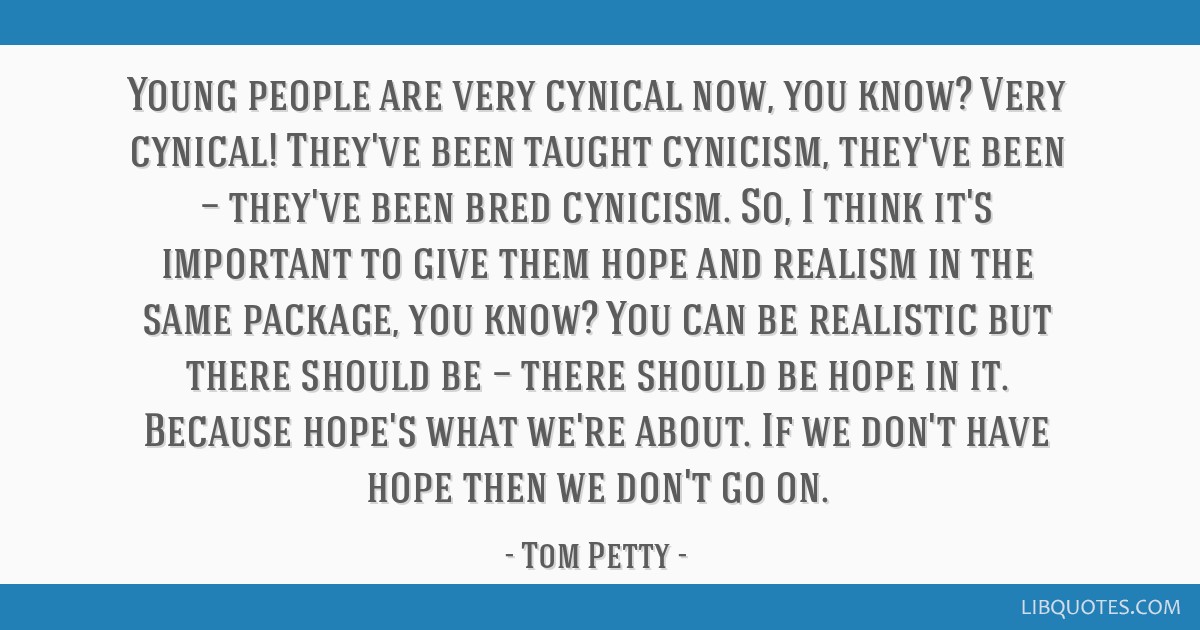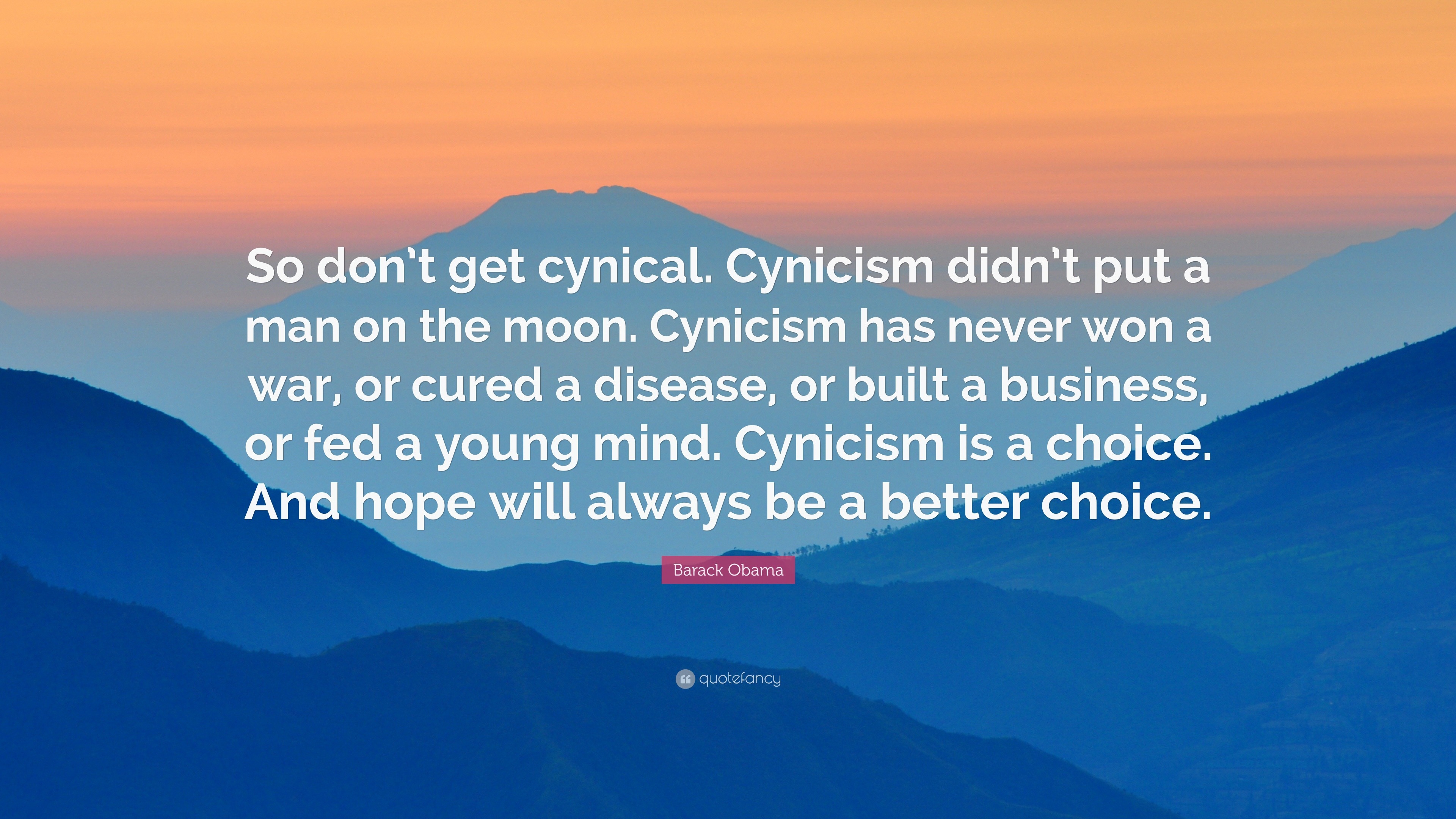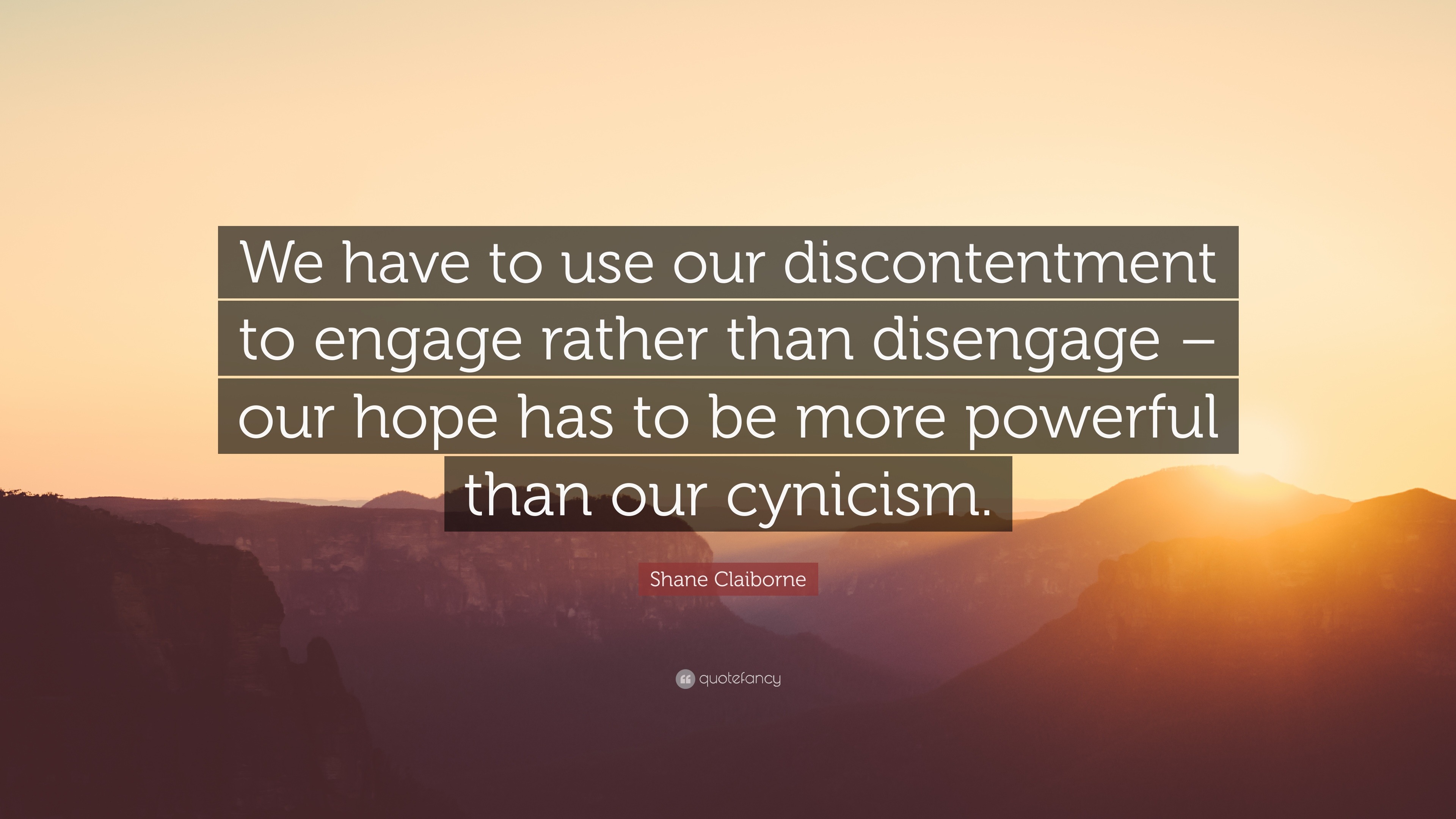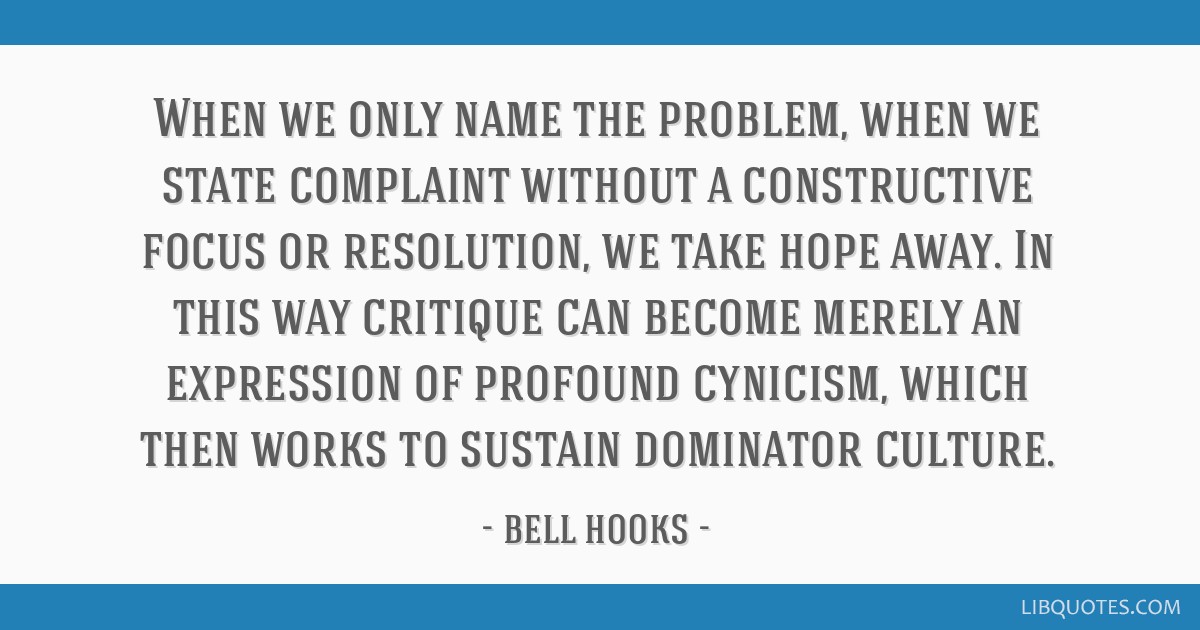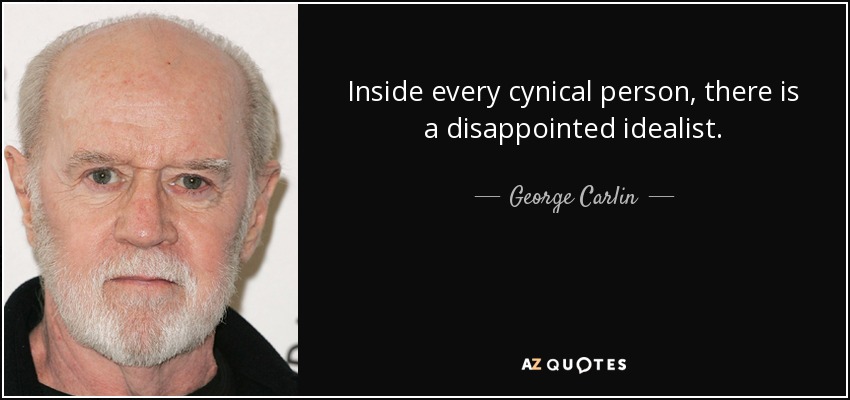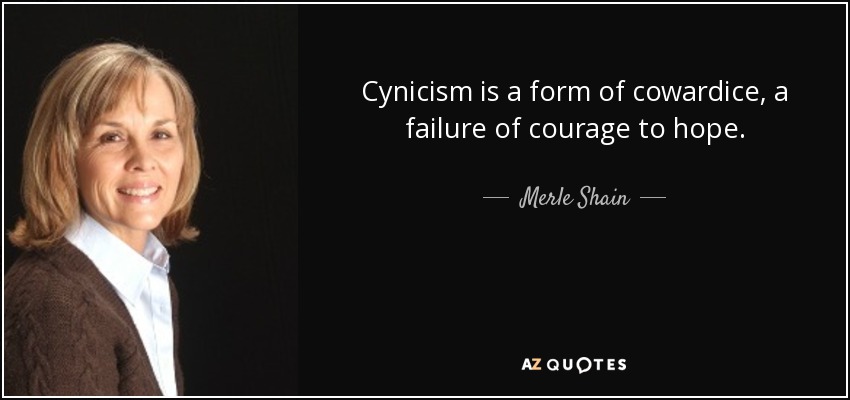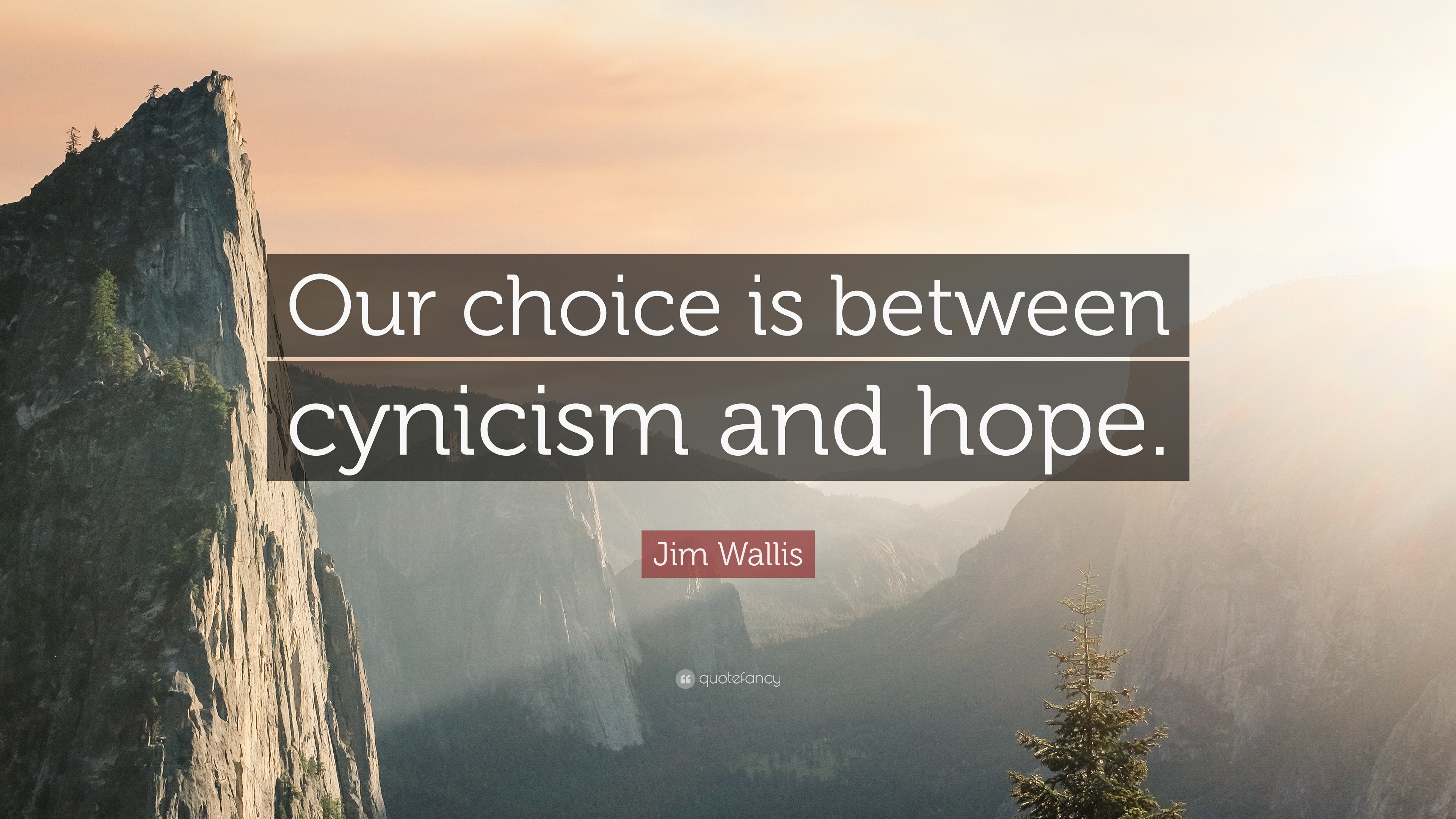CLIFFSNOTES VERSION
My point is about CULTURE -- values, priorities. Young white dudes -- even though they are not a monolith, no demographic group is -- in general have different values and priorities. The Internet
initially was pretty much a playground for brilliant, young white male geeks.
That is the culture -- the values and priorities -- upon which the Internet was built and is infused in it even now. Even though the face of IT is changing, I'm speaking to the now ingrained
culture and how that will take time to turn around.
I'm not focused, in this post at least, on where venture capital (VC) goes or who has coding skills. (Even though VC definitely goes largely to men; some suggest that only white men are generating ideas but that is simply not true and never has been.)
I absolutely believe that the lack of diversity at the very core, the very root , the creation of these ventures -- which are the new institutions of this modern era -- has contributed to the increasingly overtly disrespectful, often outright bigoted, racist and misogynistic culture, online and off.
Diversity and equity must be part of the foundation and creation of any endeavor or else nothing is ever going to change. Not really. Not meaningfully.
* * *
ORIGINAL POST
As a 52-year-old woman who has been an avid early adopter of All Things Online, as well as someone who has been exploring funding options for online ventures over the last few years, I've come to realize how much the Internet is -- and, more importantly, always has been -- dominated by men. Usually younger men (or at least they were when they created whatever entity has made them millions or sometimes billions of dollars).
I don't mean the Internet is dominated by men as the
users, as that has become a more level playing field in the last five years with women having an equal presence online, but as those who are creating the business entities themselves and thus profiting off of them. Even when the websites or apps are created with women being the target audience, the founders are most often men (i.e., Pinterest).
Specifically, the creators and founders and teams of online space are fairly young white men.
Now, please know that I'm not knocking white men. Nor am I personally criticizing the individual men who created the vast majority of the most successful websites/apps. I do not know them personally and I trust they are wonderful souls.
What I do know is that the life experience of a white man, IN GENERAL, is vastly different from the life experience, in general, of men with black and brown skin. It is a life experience that is indeed very different from women, of any color. While youth has a a lot to offer, especially in today's rapidly changing, wired world, there is also a need for wisdom and perspective borne of life experience; ageism is a problem in the IT world.
In a recent search of the most popular sites (top 100 or so on Alexa) and apps, with the most traffic/usage --disregarding the more programming-oriented and country-specific sites -- I made a list of 30, including Facebook, twitter, Amazon, Pinterest, Wikepedia, reddit, Paypal, instragram, kickstarter, HuffPo. I also included sites liberals tend to prefer, like DailyKos and Salon.
(Did you know that Huffington Post was actually created by Arianna Huffington and 3 other men, including ANDREW BREITBART!)
Except for Gawker Media (created by 6 men and 4 women)
IN EVERY SINGLE INSTANCE THE CREATORS|FOUNDERS ARE ALL MEN, PREDOMINANTLY WHITE MEN, with a smaller percentage of the men being Asian.
Aside from the lack of diversity in general and the concentration of "new" wealth in the hands of a specific demographic...continuing what has been the norm for ages...here is why this disturbs me:
I adore the Internet. So much good has been done yet I do not believe we have even scratched the surface of the altruistic potential. We can reach critical mass toward transformation (positive or negative) much faster now. I search for the good, but the toxicity and nastiness -- the culture of the Internet as a whole -- inevitably gets in the way. Look at the comment section of nearly any site and you'll see what I mean. Misogyny, racism and other forms of bigotry are pervasive.
I am not blaming the founders of any of the many websites for this culture of hate. I highly doubt any of them set out to create or contribute to a Petri dish of anger and "othering," but there is another aspect I believe is at play in this culture as well: a strong libertarian and anarchist vibe. These traits/values are embodied by many of the founders of these most successful sites (successful by Wall Street standards). The tone of a company's culture is set early on and manifests on the front end as well as the back end of the business.
Free speech, hands off, individualism.
Again, please don't get me wrong -- free speech is a core value of democracy. But what happens when the most vicious of voices are all that are heard because they live to attack and troll and drown out (and drive away) voices of reason? This nasty online culture has influenced the larger societal discourse, and we've all noticed the growing inability for people to engage in respectful discussion. Even though I respect the role twitter plays in our world, I don't consider tweets back and forth meaningful conversation. I'm talking about ongoing, meaningful, respectful discussion. And, let's face it: There is very little distinction between "online" and "IRL" now. Online IS a significant aspect of our daily lives.
Of course, financial profit is the accepted goal and drives everything. It often encourages the "hands off" policy or perhaps encourages a cultivation of nastiness by said businesses in order to bring more traffic to their content which equals mo' $$$, y'all. So, there's that.
Even the so-called Sharing Economy ventures -- Airbnb, Lyft and Uber -- many of which are profit-driven capitalism by another name, were founded by fairly young, white men.
So while I can appreciate what these innovators and entrepreneurs have offered the world, and have no animosity toward men (young men, old men, white men, men of color...it matters not), I am struck by the fact that WHO has created the foundation of the spaces which are influencing our culture is, by far, younger white men.
I absolutely believe that the lack of diversity at the very core, the very root, the creation of these ventures -- which are the new institutions of this modern era -- has contributed to the increasingly overtly disrespectful, often outright bigoted, racist and misogynistic culture.
Diversity, inclusion and equality must be part of the creation -- the foundation -- or else nothing is ever going to change. Not really. Not meaningfully.
That's the change I'm trying to bring to the table via the projects at
Our Good Media, which includes a discussion forum intended as a public sanctuary for civil, ongoing (that's key) discussion about issues that matter to the Common Good.
Creating teams of diverse women as the face of these projects is one of my primary goals.

